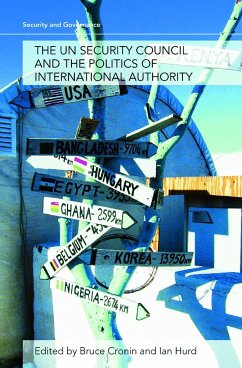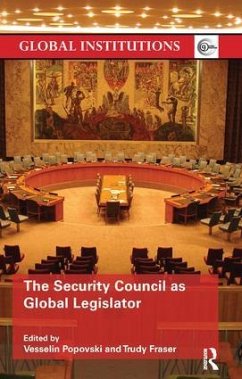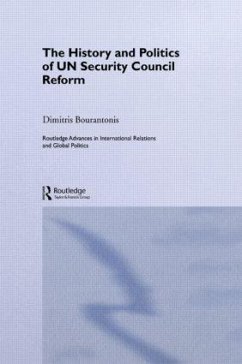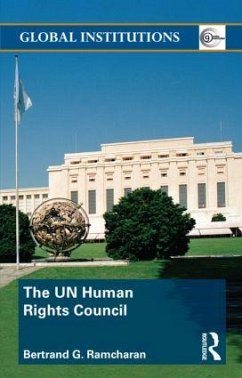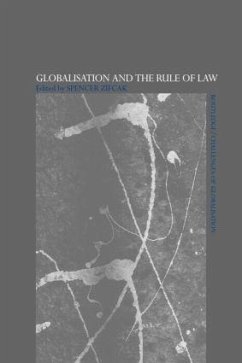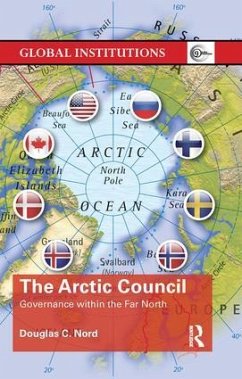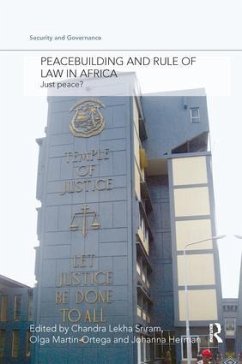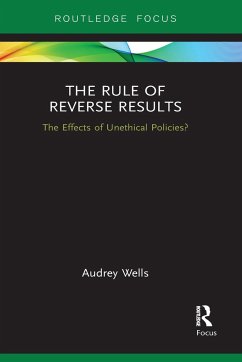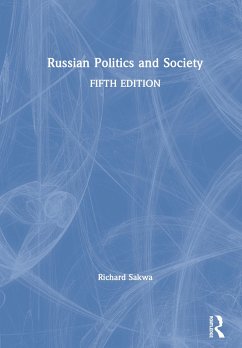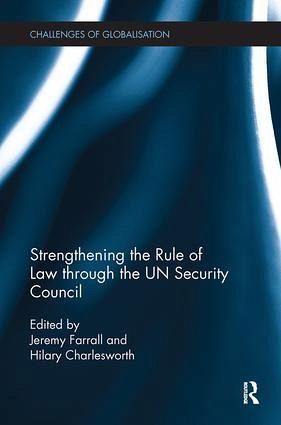
Strengthening the Rule of Law through the UN Security Council
Versandkostenfrei!
Versandfertig in 1-2 Wochen
65,99 €
inkl. MwSt.
Weitere Ausgaben:

PAYBACK Punkte
33 °P sammeln!
The UN Security Council formally acknowledged an obligation to promote justice and the rule of law in 2003. This volume examines the extent to which the Council has honoured this commitment when exercising its powers under the UN Charter to maintain international peace and security. It discusses both how the concept of the rule of law regulates, or influences, Security Council activity and how the Council has in turn shaped the notion of the rule of law. It explores in particular how this relationship has affected the Security Council's three most prominent tools for the maintenance of interna...
The UN Security Council formally acknowledged an obligation to promote justice and the rule of law in 2003. This volume examines the extent to which the Council has honoured this commitment when exercising its powers under the UN Charter to maintain international peace and security. It discusses both how the concept of the rule of law regulates, or influences, Security Council activity and how the Council has in turn shaped the notion of the rule of law. It explores in particular how this relationship has affected the Security Council's three most prominent tools for the maintenance of international peace and security: peacekeeping, sanctions and force. In doing so, this volume identifies strategies for better promotion of the rule of law by the Security Council. This book will be of interest to scholars and students of international law, international relations, international development and peacekeeping.





